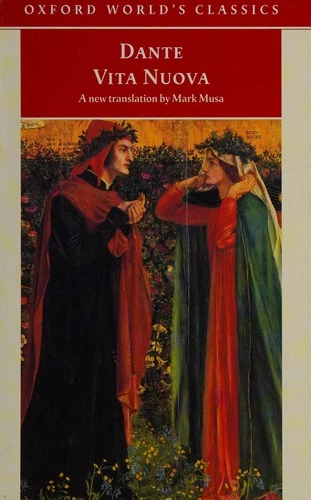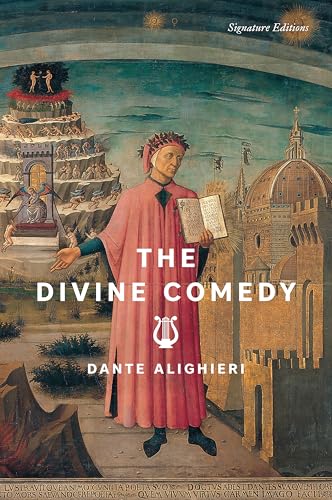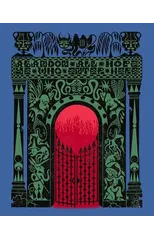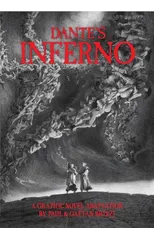Vita Nuova (1292-94) is regarded as Dante's most profound creation. The thirty-one poems in this, the first of his major writings, are linked by a lyrical prose narrative celebrating and debating the subject of love. Composed upon Dante's meeting with Beatrice and the "Lord of Love," it is a love story set to the task of confirming the "new life" this meeting inspired. With a critical introduction and explanatory notes, this is a new translation of a supreme work which has been read variously as biography, religious allegory, and a meditation on poetry itself. About the Series: For over 100 years Oxford World's Classics has made available the broadest spectrum of literature from around the globe. Each affordable volume reflects Oxford's commitment to scholarship, providing the most accurate text plus a wealth of other valuable features, including expert introductions by leading authorities, voluminous notes to clarify the text, up-to-date bibliographies for further study, and much more.
Dante Alighieri
Dante Alighieri was an Italian poet and philosopher born in Florence in 1265. His most notable work is "The Divine Comedy," a narrative poem that follows the author's journey through Hell, Purgatory, and Paradise. This work is considered a masterpiece of world literature and a cornerstone of Italian literature. Dante's writing style is characterized by its intricate symbolism, vivid imagery, and profound philosophical insights. His contributions to literature include popularizing the use of vernacular language in poetry and shaping the development of the Italian literary tradition. Dante's impact on the literary genre of epic poetry and his enduring influence on Western literature make him one of the most celebrated and influential writers in history.










